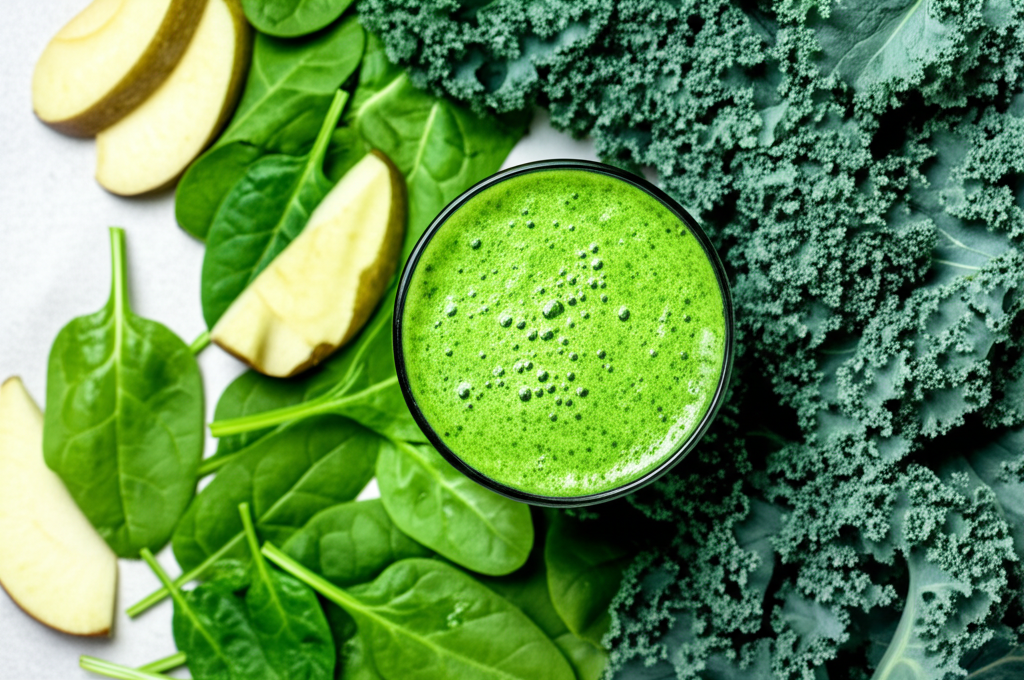Many are discovering the incredible power of vegetable juices and their positive impact on health. It’s essential to understand not only that they work, but why they are so beneficial.
When discussing vegetable juices, it’s crucial to differentiate them from fruit juices. Vegetables like carrots, cucumbers, celery, and leafy greens are naturally low in fructose. This is important because high fructose intake, especially from tropical fruits, can hinder weight loss efforts. Vegetable juices, on the other hand, help maintain stable glucose levels, supporting overall health.
For optimal benefits, freshly extracted vegetable juice, using a juicer that separates the pulp from the juice is recommended. This process allows for the consumption of pure juice, rich in nutrients and soluble fiber. While fiber is beneficial, the focus here is on concentrated nutrients rather than addressing constipation. Commercial vegetable juices often contain added sodium (salt) as a preservative. Furthermore, pasteurization, a heat treatment used to kill bacteria, unfortunately also diminishes the beneficial properties of the juice. Natural vegetable juice is naturally low in sodium.
The transformative effects of vegetable juices have been reported by some. They have witnessed cases of cancer remission and significant improvement in autoimmune conditions like multiple sclerosis, lupus, and arthritis. These conditions, often considered incurable by conventional medicine, have shown remarkable improvement with the regular consumption of vegetable juices.
The ability of vegetable juices to restore metabolism and overall health can be attributed to three key factors:
- Bioavailable Vitamins and Minerals: Vegetable juices provide a readily absorbable source of essential nutrients. Unlike supplements, which require the body to convert them for absorption, the vitamins and minerals in freshly extracted juices are easily utilized by the body.
- BioPhotons: Vegetables harness energy from the sun through photosynthesis. This process results in the production of bio photons, which are light particles stored in the water content of the vegetable. This water, which is living water, is structured, giving it a gelatinous consistency and enhancing its bioactivity. The water in vegetables is full of light and energy.
- Electrons: Vegetable juices are abundant in electrons, which are also derived from sunlight. Electrons act as antioxidants, helping to reduce inflammation in the body. The presence of electrons in vegetable juices can contribute to the body’s natural healing processes.



